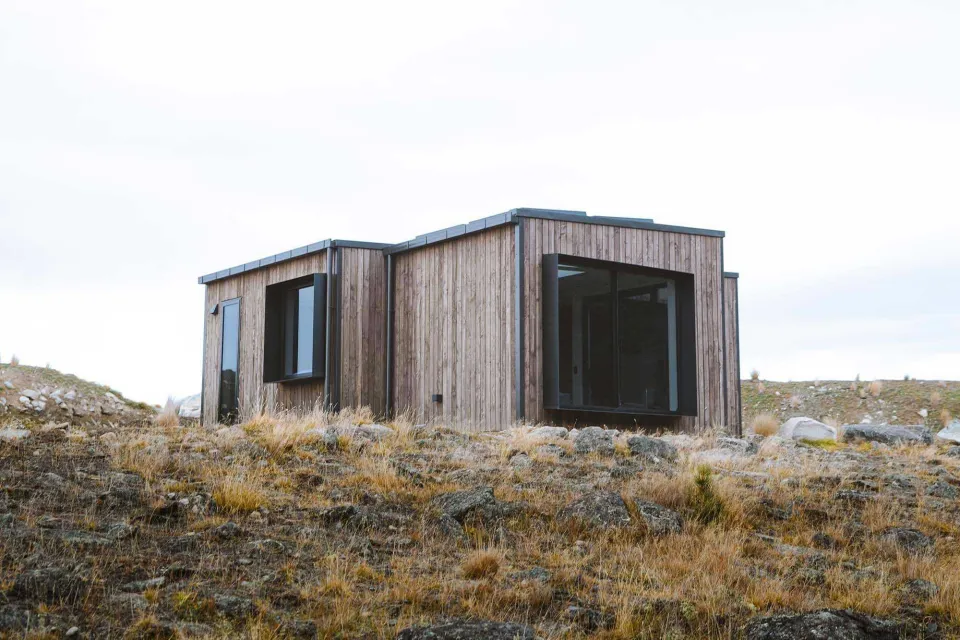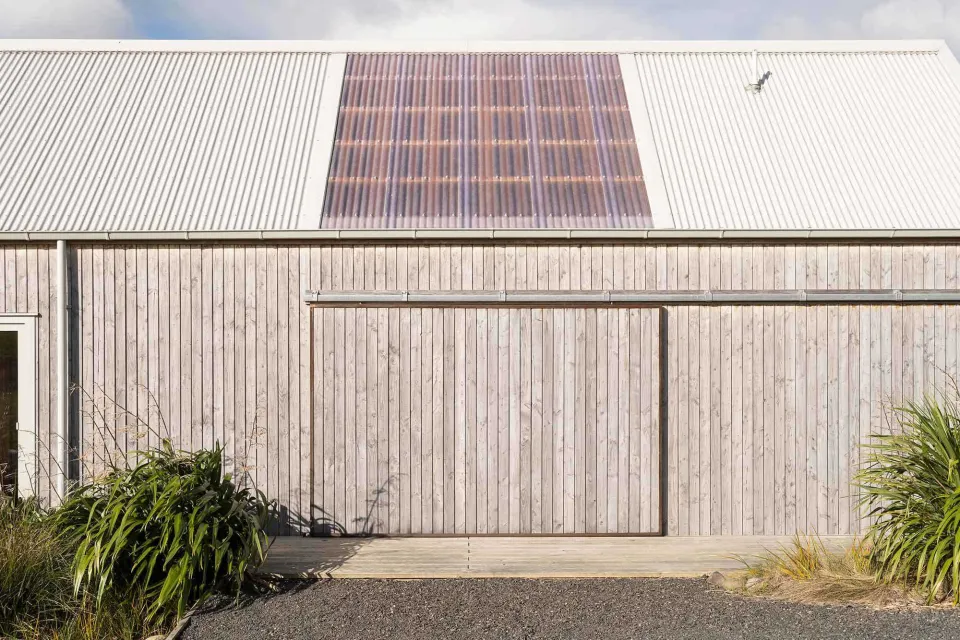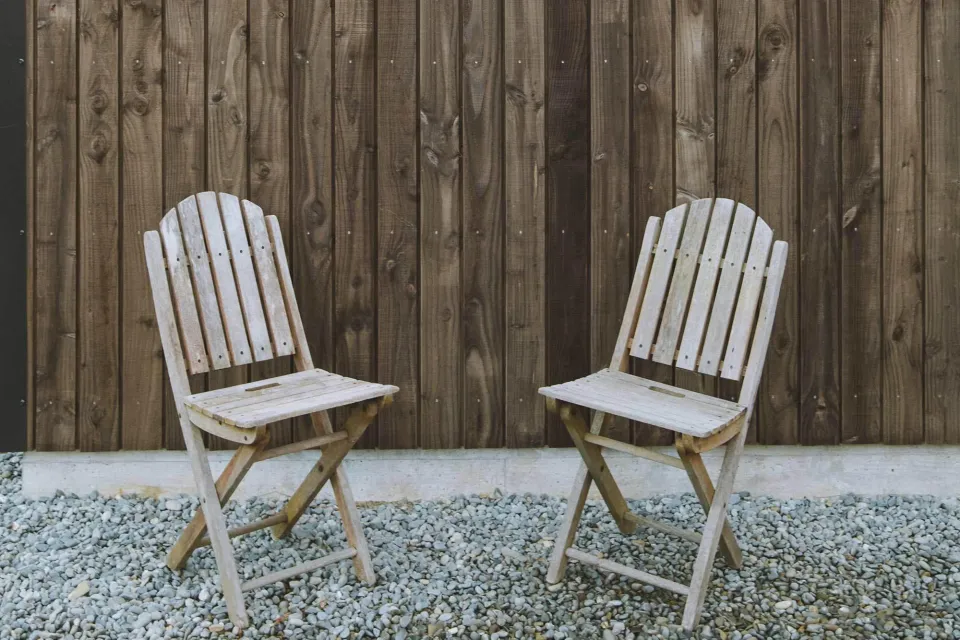-
About
-
Products
- By Timber Product
- Cladding
- Decking
- Joinery
- Screening
- Panelling
- View all
- By Application
- Exterior Cladding / Siding
- Exterior Rain Screen
- Exterior Roofing
- Interior Walls & Ceilings
- Soffits
- Screening, Fins & Battens
- Windows, Doors & Joinery
- Posts & Beams
- Accessories
- Coatings
- Fixings
-
Resources
- By Resource Type
- Technical Data Sheets
- Guides & Manuals
- Technical Articles
- Profile Drawings
- View all
- How To
- How to Specify
- How to Install
- How to Maintain
- Projects
- Contact
HOLIDAY HOURS / Our online customer service is out of office from Friday 19 Dec - Monday 5 Jan. Learn more here.
How to Avoid Conflict Timbers With Sustainable, Ethical Alternatives
When compared to Siberian Larch, Abodo eco timbers prove a better choice for lessening environmental and human impact.
With Western Red Cedar prices increasing, cheaper alternatives such as Siberian Larch will often begin to appear quite tempting. However, despite the perceived savings for clients, there are more ethical and longer lasting alternatives on the market, such as Abodo Vulcan and Tundra.
Most Siberian Larch is imported from Russia, which has the potential for environmental and ethical flow-on effects.
In fact, the Boards of both Forest Stewardship Council® (FSC®) and PEFC (Programme for the Endorsement of Forest Certification) International have stated that any products made from timbers deriving from this area be deemed ‘conflict timber’ and therefore unable to be traded as FSC® certified products, and ineligible for PEFC certification until the conflict ends.
Forests are not only impacted by conflict but also by the loss of old growth trees. It has been proven that old growth trees, like those used for a good deal of Larch cladding, do important work in creating biodiverse environments, providing habitats for wildlife (including the endangered Siberian tiger), regenerating forests and cleaning the air.
Please note: Tundra Cladding is no longer available. However, you can achieve a similar look in our Vulcan Cladding – Standard Series.
While the FSC® and PEFC does certify some forests in Siberia, where much of this timber is harvested, many have little in the way of environmental protection.
To avoid the risk of removing an old growth tree from a biodiverse forest - Abodo’s Vulcan and Tundra products are a great, ethical alternative to using Larch. Like Siberian Larch - and unlike Nordic timbers - Vulcan Cladding is available in a clear, knot-free grade.
As the timber is thermally modified with a vertical grain pattern, it is more stable than Larch, which can cup and warp in adverse conditions.
Often used for shiplap cladding or in weatherboard form, Larch has a pleasant creamy brown tone and is often enjoyed for its rustic appearance.
This compares well to Abodo Tundra, which is created from New Zealand plantation Douglas Fir heartwood derived from the harsh environment of the central plateau region of the North Island.




